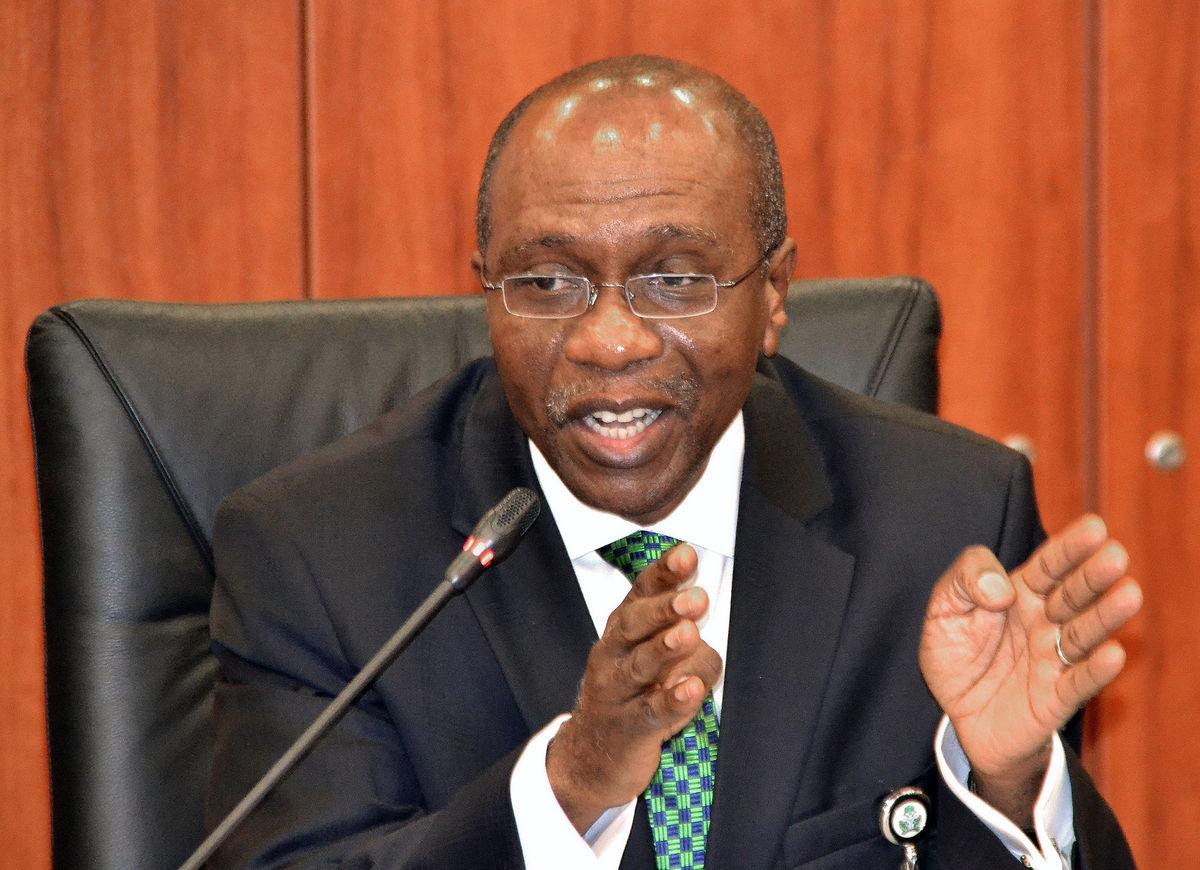With Nigeria’s inflation rate still at double digit—16.25 percent in May, the Nigerian Employers’ Consultative Association has said that the monetary policy of the Central Bank of Nigeria is too weak to significantly reduce inflation in the country.
The association argued at a press conference in Lagos on Thursday that the high level of inflation in the context of a recession and rising unemployment showed the impact of conflicting policy measures.
While recognizing the narrowing economic contraction and moderate decline in inflation in the first quarter of the year, the President, NECA, Mr. Larry Ettah, said the continued existence of stagflation called for reduction in the cost of borrowing.
“The economy is in recession and we need to stimulate it by bringing down the interest rate,” he said.
The Consumer Price Index, which measures inflation, moderated for a third consecutive month in April, reducing slightly to 16.25 per cent from 17.24 per cent year-on-year in May.
He noted that in other climes, it was an acceptable practice in a recession to introduce reflationary fiscal policy and monetary easing, including interest rate reduction.
Ettah said the assumption that a tight monetary policy would constrain inflation and ease pressure on the naira was wrong.
He said, “It is accepted practice in economic management in most jurisdictions that the correct posture in a recession is a reflationary fiscal policy and monetary easing, including reducing interest rates. Instead, the CBN has maintained a tight monetary policy and raised interest rates.
ALSO SEE: NAICOM explains delay in financial statements, releases approved companies
“We are of the view that this approach is sub-optimal and has failed.”
According to the NECA president, manufacturers and private sector employers are contending with a triple effect of recession, high inflation and high interest rates caused by wrong policy choices made by the monetary authorities.
The association called on the CBN to consider lowering interest rates and specifically reduce the Monetary Policy Rate, which has been kept at 14 per cent since July 2016.
Ettah pointed out that one of the negative outcomes of the high interest rate was the crowding out of the private sector from credit facilities by the government.

 Entertainment5 days ago
Entertainment5 days ago
 Health1 week ago
Health1 week ago
 Health4 days ago
Health4 days ago
 Football1 week ago
Football1 week ago
 Football1 week ago
Football1 week ago
 Crime4 days ago
Crime4 days ago
 Education6 days ago
Education6 days ago
 Crime1 week ago
Crime1 week ago







